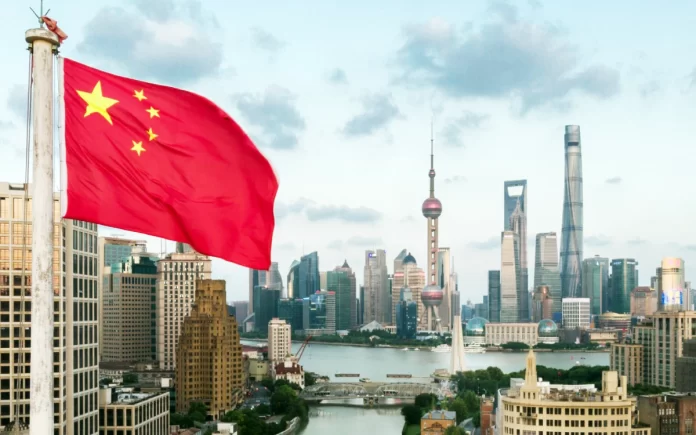London: During a pivotal political assembly this week, China has escalated its measures to restrict software enabling users to access prohibited websites, as disclosed by a leading provider of firewall-evading software to AFP.
Maintaining some of the strictest internet regulations globally, Beijing bars mainland users from accessing a spectrum of websites, spanning from Google to news portals, unless they resort to virtual private networks (VPNs).
Especially during sensitive political junctures, VPN software has faced heightened challenges in circumventing censorship, with disruptions surging noticeably as hundreds of delegates convene in Beijing for the annual “Two Sessions” gathering this week.
Read More: UK’s Mental Well-Being Deteriorates, Ranked Second Worst Globally
Confirming the escalated censorship during political events in China, a spokesperson from Astrill, a prominent VPN service based in Liechtenstein and favored by foreigners in China, affirmed to AFP, “Unfortunately, not all VPN protocols are functioning at this time.”
The spokesperson added, “We are working intensively on bringing all services back to normal, but currently have no ETA.”
Unauthorized use of VPNs or accessing restricted websites is prohibited in China, although exceptions exist for diplomats and state media representatives who are permitted access to banned platforms like X, formerly known as Twitter.
Security measures in Beijing have been tightened throughout the Two Sessions, with police employing sniffer dogs for patrols and senior volunteers donning red armbands to monitor for suspicious activities.
Additionally, Weibo, a major social media platform in China, swiftly blocks controversial topics. Search results related to Beijing’s decision to delay the premier of the nation’s customary news conference were promptly expunged, along with references to China’s economic challenges, such as “middle class children have no future”.
China’s domestic media, under state control, frequently implements widespread censorship on social media to suppress negative narratives or critical content. Regulators have previously cautioned investors against consuming foreign news reports about China.
In a speech last year, President Xi Jinping emphasized the reinforcement of the ruling Communist Party’s control over the internet, underscoring the imperative for the state to “govern cyberspace”.



